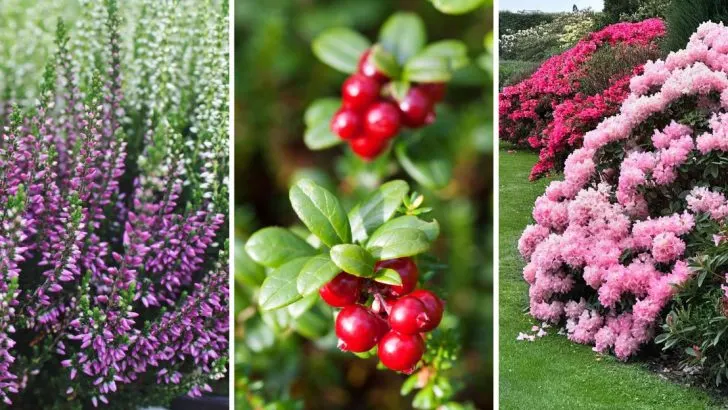Blueberries are a delightful addition to any garden, but did you know that pairing them with the right companion plants can enhance their growth and flavor? In this post, we’ll explore six perfect plants that not only thrive alongside blueberries but also bring added benefits. From attracting pollinators to improving soil health, these companions make a harmonious garden ecosystem. Read on to discover how you can optimize your blueberry patch with these synergistic plant partners!
Thyme
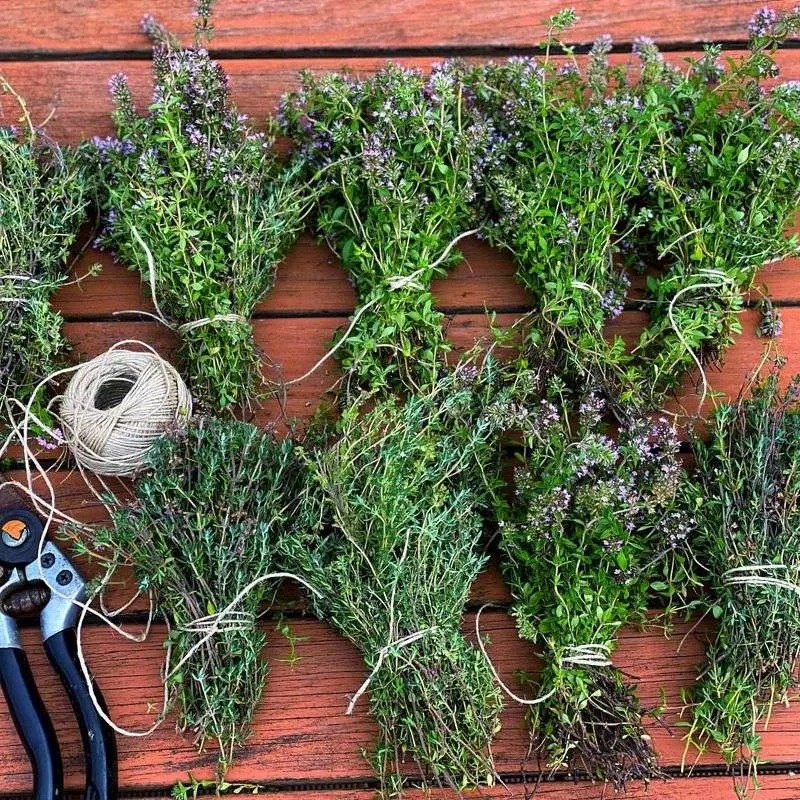
Thyme serves as a wonderful companion for blueberries, offering a multitude of benefits. Its low-growing nature provides a natural mulch, helping to retain soil moisture and suppress weeds. The aromatic scent of thyme also acts as a natural pest deterrent, keeping unwanted insects away from your precious blueberries.
Another advantage of planting thyme near blueberries is its ability to attract beneficial insects, like bees, which are essential for pollination. This results in a more bountiful blueberry harvest. Plus, thyme is exceptionally hardy, requiring minimal care, making it a gardener’s best friend. Try this pairing for a vibrant garden!
Azaleas
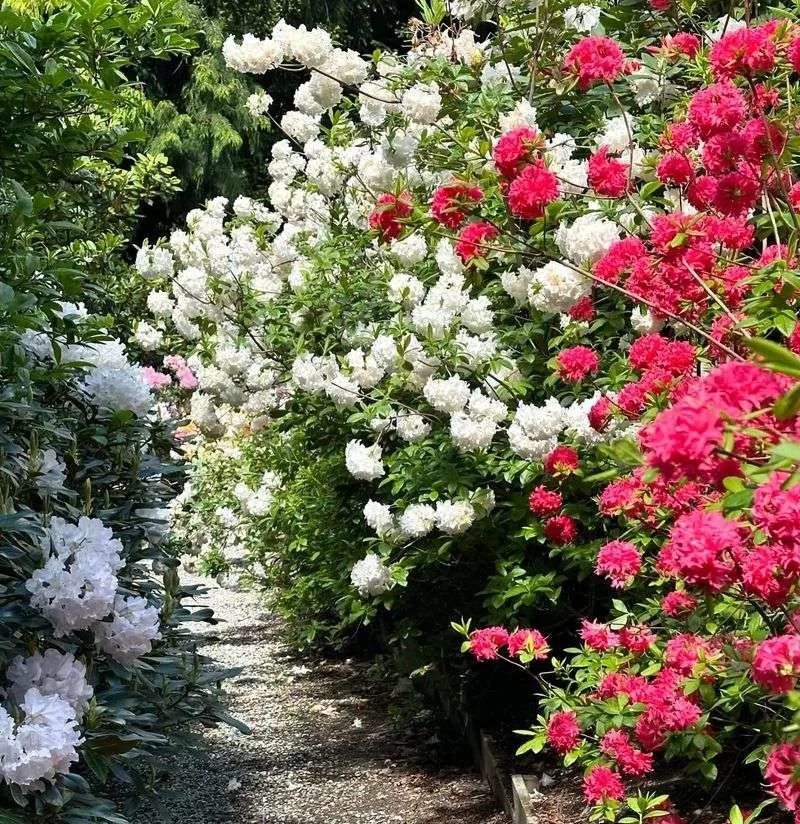
Azaleas and blueberries are a match made in garden heaven, sharing similar soil and light requirements. Both thrive in well-drained, acidic soil, making them ideal neighbors. Azaleas add a burst of color with their stunning blooms, enhancing the visual appeal of your garden.
Aside from aesthetics, azaleas attract pollinators such as bees and butterflies, which help improve the fruit set of blueberry plants. Additionally, their dense foliage provides shelter for beneficial insects. With azaleas in your garden, you not only beautify the space but also support a thriving ecosystem. Embrace this duo for a dynamic garden!
Cranberries
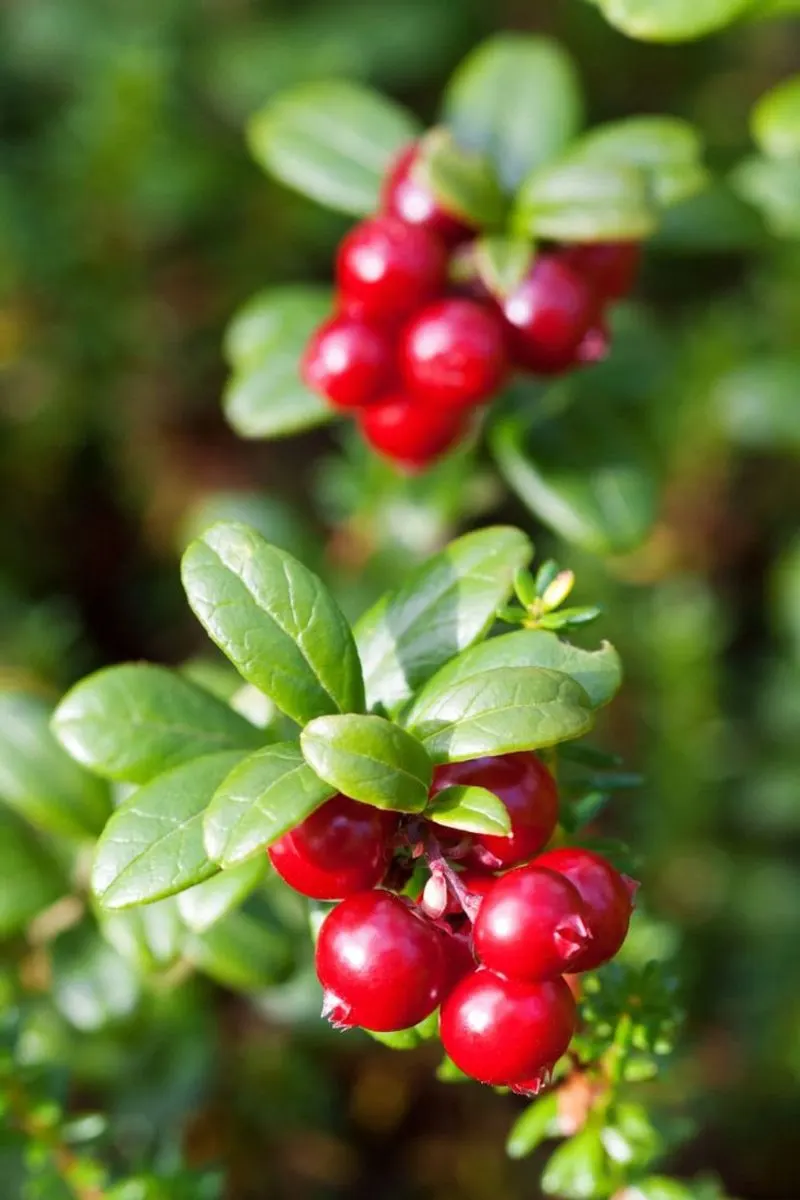
Cranberries and blueberries, both members of the Ericaceae family, naturally complement each other in the garden. They share a love for acidic, well-drained soils and a preference for cooler climates. This makes them ideal companions, especially in wet, boggy areas.
Planting cranberries alongside blueberries can improve soil acidity, benefiting both plants. Their sprawling growth habit also acts as a natural ground cover, reducing weeds and retaining soil moisture. This symbiotic relationship not only boosts plant health but also enhances berry production. Consider cranberries for a bountiful and beautiful garden partnership!
Rhododendrons
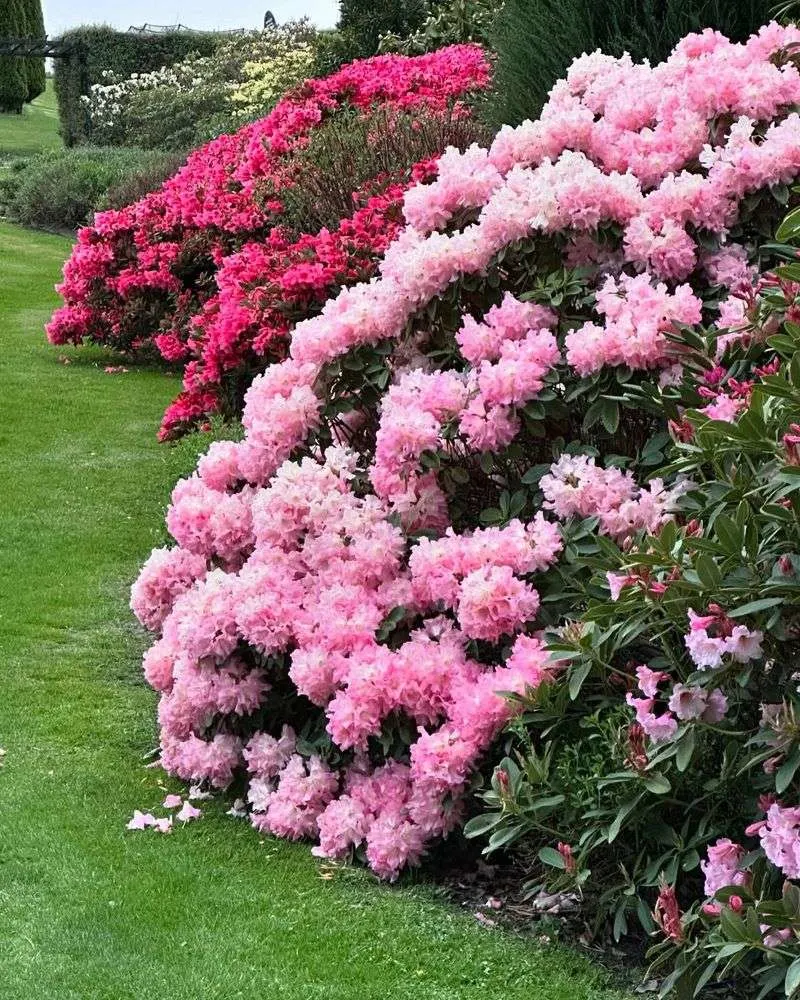
Rhododendrons are another excellent companion for blueberries, offering both aesthetic and practical benefits. These shrubs thrive in similar acidic soil conditions, ensuring they coexist happily with blueberry plants. The large, vibrant blooms of rhododendrons not only beautify the garden but also attract pollinators.
In addition to their visual appeal, rhododendrons provide natural shade, helping to keep the blueberry roots cool during hot summer months. Their dense foliage also serves as a habitat for beneficial insects. Pairing rhododendrons with blueberries creates a lush, thriving garden space that’s both functional and beautiful.
Lingonberries
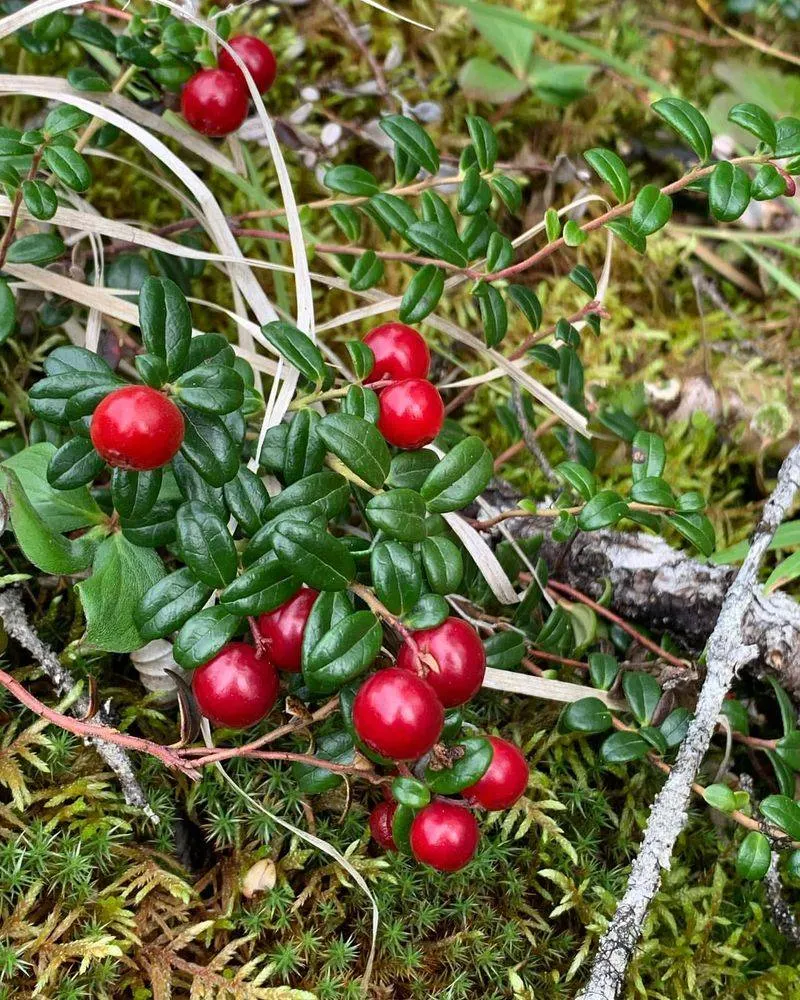
Lingonberries make a delightful companion for blueberries, sharing a preference for acidic, well-drained soil. Their compact size allows them to fit nicely alongside blueberry bushes, adding visual interest with their bright red berries.
Beyond aesthetics, lingonberries help improve soil health by preventing erosion and conserving moisture. This benefits the overall garden ecosystem, supporting the growth of neighboring blueberries. Additionally, the berries of both plants can be used in various culinary dishes, offering a delicious reward for your gardening efforts. Enjoy a fruitful and flavorful garden with this pairing!
Heathers
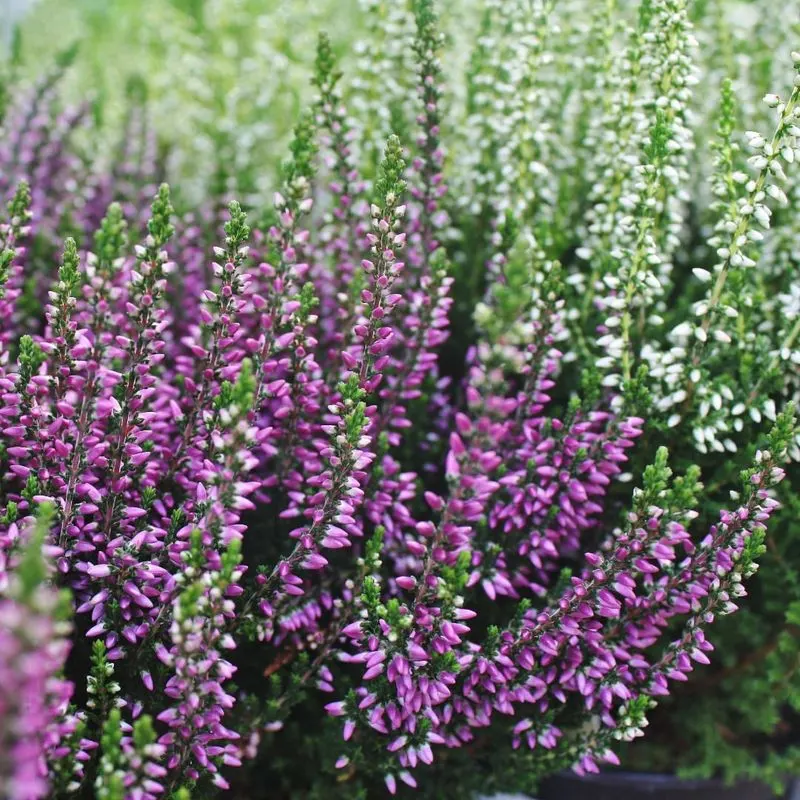
Heathers are an outstanding choice for pairing with blueberries, thriving in similar acidic soil conditions. Their vibrant purple blooms provide an eye-catching contrast against the dark green of blueberry foliage, creating a stunning garden display.
The dense growth of heather helps to suppress weeds and retain soil moisture, contributing to a healthier growing environment for blueberries. Additionally, heathers attract pollinators, enhancing the fruiting process. Their hardy nature means they require little maintenance, making them an excellent choice for gardeners seeking beauty and practicality. Create a picturesque and productive garden with heathers!

